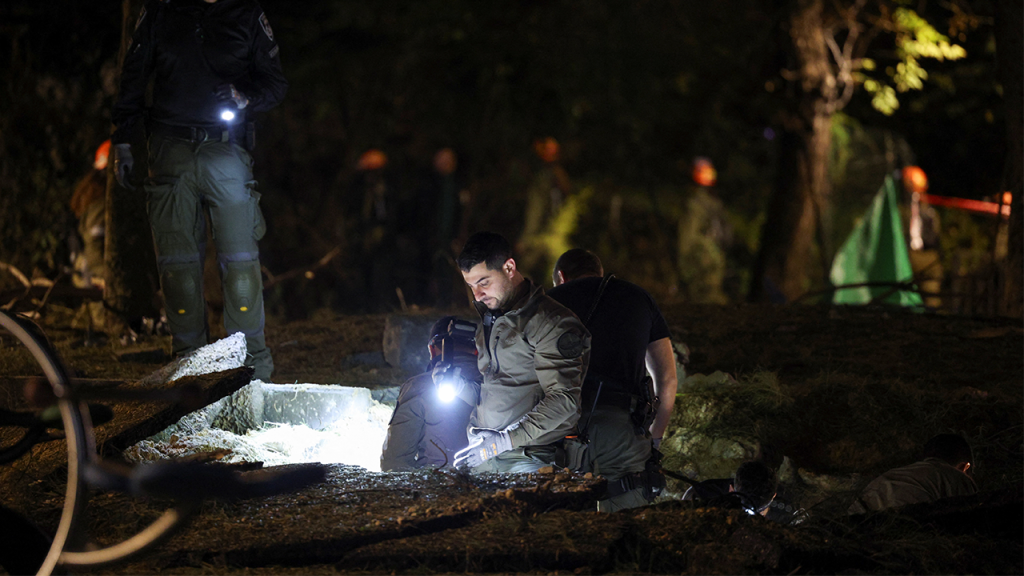The overnight projectile attack on Tel Aviv from Yemen, resulting in minor injuries to 14 individuals, marks a significant escalation in the ongoing conflict and a rare failure of Israel’s defense systems. While the Iranian-backed Houthi rebels in Yemen have launched multiple missile attacks against Israel since the start of the Gaza war in October 2023, this incident highlights a vulnerability in Israel’s typically robust interception capabilities. The projectile, which landed in the southern Jaffa area of Tel Aviv, triggered sirens across central Israel, but attempts to intercept it were unsuccessful, according to the Israeli military. This incident follows a pattern of cross-border attacks and retaliations between Israel and the Houthi rebels, further complicating the already volatile regional dynamics.
The successful strike on Tel Aviv raises concerns about the increasing sophistication and range of Houthi weaponry. Previous attacks, while frequent, have typically been intercepted by Israel’s Iron Dome defense system. This incident, however, suggests a potential advancement in Houthi missile technology or tactics, enabling them to overcome Israeli defenses. The attack also underscores the expanding reach of the Yemen conflict, demonstrating the Houthis’ capacity to target major Israeli population centers, potentially posing a significant threat to civilian lives. Furthermore, this event potentially emboldens the Houthis and their Iranian backers, signaling a potential shift in the balance of power in the region.
Israel’s response to the attack will be crucial in shaping the trajectory of the conflict. Past Houthi attacks have prompted retaliatory airstrikes by Israel on Houthi-controlled areas in Yemen, including the capital Sanaa and the port city of Hodeida. It is highly likely that Israel will respond forcefully to this latest attack, potentially escalating the conflict and further destabilizing the region. The international community’s reaction to both the attack and Israel’s response will also play a vital role in managing the escalating tensions. A measured and diplomatic approach is crucial to preventing further violence and addressing the underlying causes of the conflict.
The attack on Tel Aviv also highlights the complex web of regional alliances and rivalries fueling the conflict. The Houthi rebels, backed by Iran, are seen as proxies in Iran’s broader regional struggle against Israel and its allies. The ongoing conflict in Gaza, which has seen a devastating humanitarian crisis unfold, further complicates the situation. The Houthis’ attacks on Israel appear to be, in part, a demonstration of solidarity with Palestinian factions in Gaza and a challenge to Israeli dominance in the region. This interconnectedness of conflicts underscores the need for a comprehensive regional approach to peace-building and conflict resolution.
The specific details of the attack, including the type of projectile used and the extent of the damage, are still emerging. While 14 individuals sustained minor injuries, the psychological impact of the attack on the Israeli population is likely to be significant. The breaching of Israel’s defense systems, even if a rare occurrence, can erode public confidence in security and increase anxiety levels. This incident also underscores the vulnerability of civilian populations in urban areas to missile attacks, even with sophisticated defense systems in place.
Moving forward, the international community must prioritize de-escalation efforts and work towards a sustainable resolution to the Yemen conflict, as well as addressing the underlying causes of the Gaza conflict. Mediation and dialogue are crucial to breaking the cycle of violence and achieving lasting peace. A comprehensive approach that addresses the political, economic, and social grievances fueling the conflict is essential. Furthermore, efforts must be made to prevent the proliferation of weapons and the flow of arms into the region, which only serves to exacerbate the conflict and prolong the suffering of civilian populations. Ultimately, a concerted international effort is needed to bring stability and security to the region.

